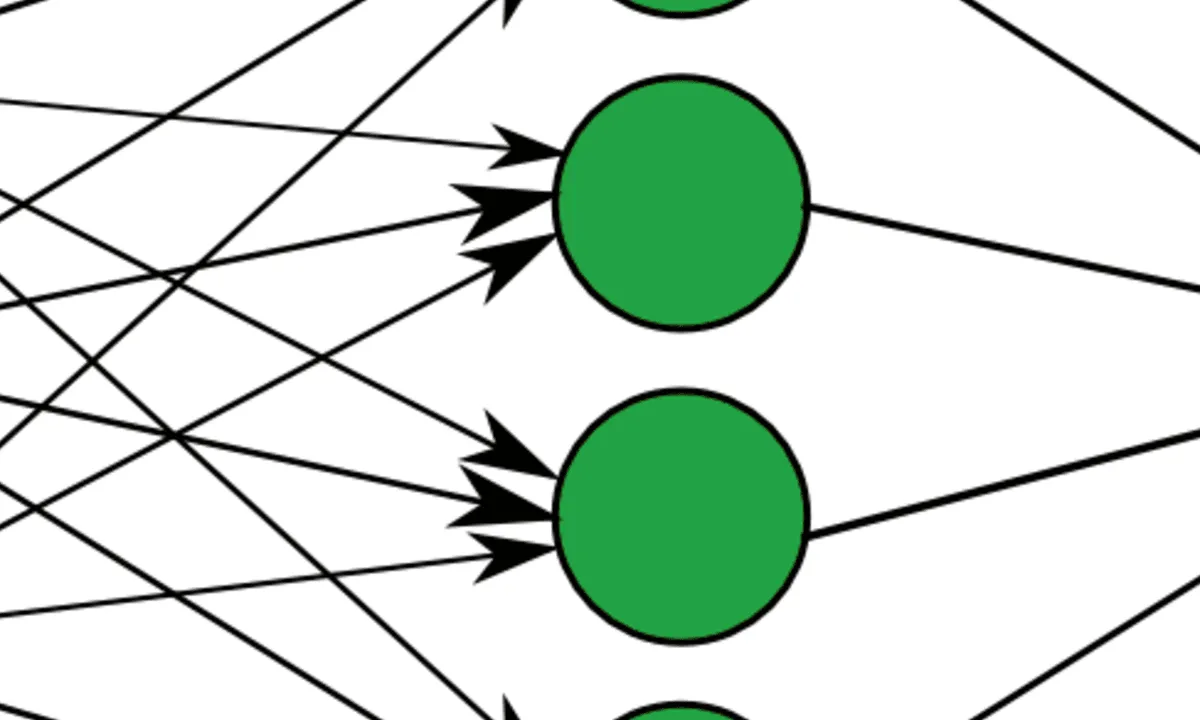
Intro to Theoretical Computer Science 
Theoretical Computer Science is an important field of study for those interested in understanding the fundamentals of computing. This class introduces students to the basic concepts of the field, such as NP-completeness, and how they can be used to solve difficult algorithmic problems. With a better understanding of the underlying principles, students can develop more efficient and effective solutions to complex problems. ▼
ADVERTISEMENT
Course Feature
![]() Cost:
Cost:
Free
![]() Provider:
Provider:
ThaiMOOC
![]() Certificate:
Certificate:
No Information
![]() Language:
Language:
English
![]() Start Date:
Start Date:
On-Demand
Course Overview
❗The content presented here is sourced directly from ThaiMOOC platform. For comprehensive course details, including enrollment information, simply click on the 'Go to class' link on our website.
Updated in [June 30th, 2023]
This course, Intro to Theoretical Computer Science, provides an introduction to the fundamental concepts of theoretical computer science. Students will learn about the complexity of algorithms, the concept of NP-completeness, and the implications of these concepts for solving difficult algorithmic problems. The course will also cover topics such as graph theory, computational geometry, and cryptography. By the end of the course, students will have a better understanding of the theoretical foundations of computer science and be able to apply these concepts to solve real-world problems.
[Applications]
Students who have completed this course are encouraged to apply their knowledge of theoretical computer science to their own research projects. They can use the concepts they have learned to develop algorithms for solving complex problems, or to analyze the complexity of existing algorithms. Additionally, they can use the knowledge they have gained to explore the theoretical foundations of computer science, such as the P vs. NP problem. Finally, they can use the skills they have acquired to help design and implement efficient algorithms for real-world applications.
[Career Paths]
[Career Path]Software Engineer
[Description]Software engineers are responsible for designing, developing, testing, and maintaining software applications. They use programming languages and development tools to create software solutions that meet customer needs. Software engineers must have a strong understanding of computer science fundamentals, such as algorithms, data structures, and software design. They must also be able to work with a variety of programming languages and development tools.
Software engineering is a rapidly growing field, with many opportunities for career advancement. As technology advances, software engineers will be needed to develop new applications and maintain existing ones. Additionally, software engineers will need to stay up-to-date on the latest trends in software development, such as artificial intelligence, machine learning, and cloud computing. With the right skills and experience, software engineers can find rewarding and lucrative positions in a variety of industries.
[Education Paths]
The recommended educational path for learners interested in theoretical computer science is to pursue a Bachelor's degree in Computer Science. This degree will provide a comprehensive overview of the fundamentals of computer science, including topics such as algorithms, data structures, programming languages, operating systems, computer architecture, and software engineering. Additionally, the degree will cover more advanced topics such as artificial intelligence, machine learning, and computer networks.
The development trend for this degree is to focus on the application of computer science to solve real-world problems. This includes topics such as natural language processing, computer vision, robotics, and data science. Additionally, the degree will focus on the development of skills such as problem-solving, critical thinking, and communication. These skills will be essential for students to be successful in the field of computer science.
Course Provider

Provider ThaiMOOC's Stats at AZClass
Discussion and Reviews
0.0 (Based on 0 reviews)
Explore Similar Online Courses

Build Multilayer Perceptron Models with Keras

Cloudera Data Platform

Python for Informatics: Exploring Information

Social Network Analysis

Introduction to Systematic Review and Meta-Analysis

The Analytics Edge

DCO042 - Python For Informatics

Causal Diagrams: Draw Your Assumptions Before Your Conclusions

Whole genome sequencing of bacterial genomes - tools and applications

How does the Internet work & Networking Crash Course

Rockstar Network Foundations - Free Edition


Start your review of Intro to Theoretical Computer Science